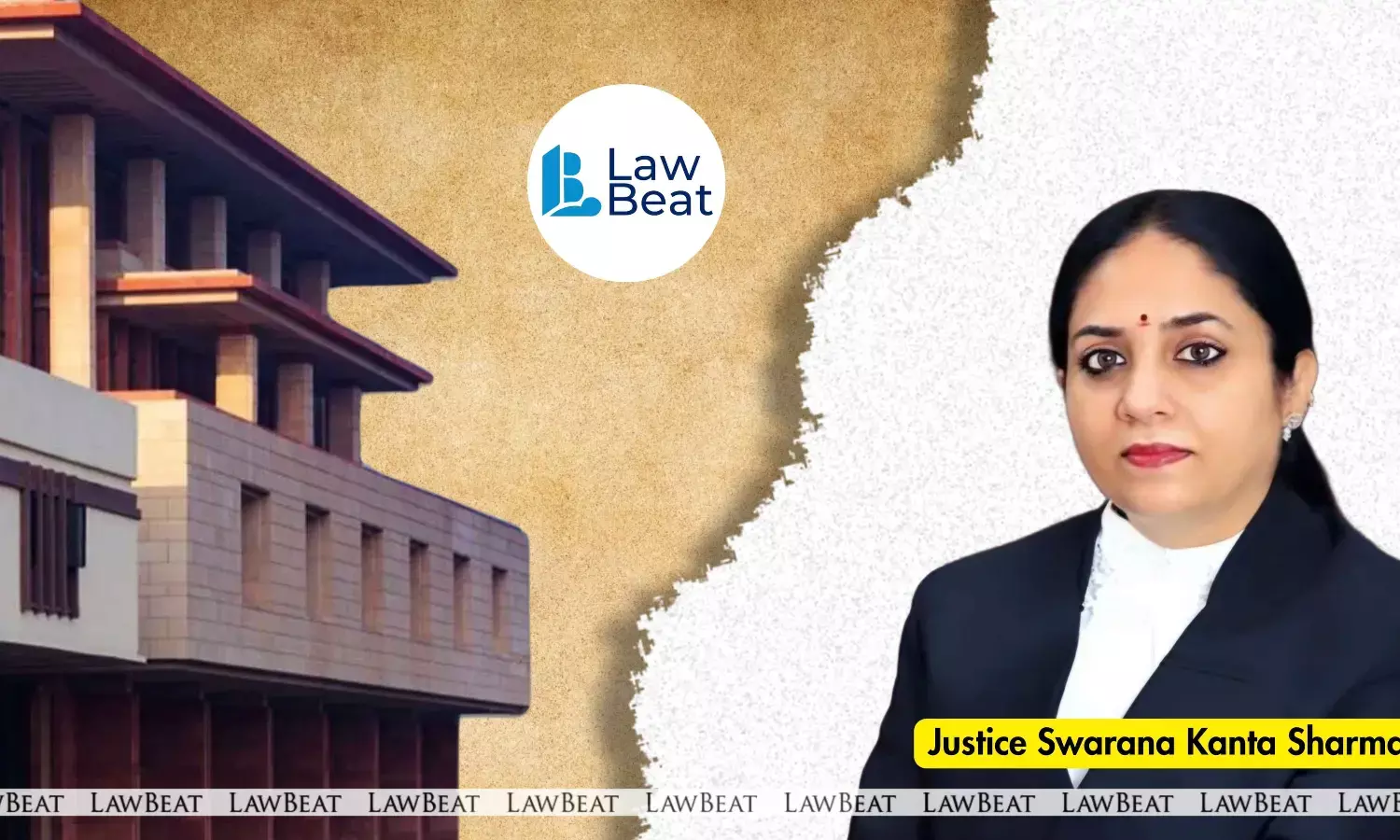Maintenance Not a Favour but Recognition of Shared Parental Responsibility: Delhi HC

While reiterating that the aim of maintenance is rooted in responsibility and not charity, the Delhi High Court recently held that maintenance is neither a punishment nor a favour, but a recognition of shared parental duty and the child’s right to be supported.
A bench led by Justice Swarana Kanta Sharma ruled, "In this Court‘s opinion, a child who is living with a single parent should not feel deprived, either materially or emotionally. Maintenance must ensure that the child is able to live with the same dignity as he would have, had he been living with both the parents, particularly with the financial security that may have come from the father‘s support. The issue is not merely of the sustenance, but about preserving the child‘s self-esteem, continuity in education, lifestyle, and access to opportunities."
The court was dealing with a revision petition filed by the petitioner-father against the order of the trial court, which had awarded interim maintenance of Rs 50,000 per month to the respondent-mother for their two minor children.
The couple tied the knot in July, 2014. They later had two children — a son and a daughter — who are currently school-going. Both parents got separated in June 2021 and have been living separately since then.
The trial court had awarded Rs 50,000 interim maintenance for the two minor children to the respondent-mother.
Challenging this, the petitioner-father had approached the Delhi High Court.
During proceedings, Advocate Rahul Dhamija, appearing for the petitioner-father, contended that the trial court had erred in law and on facts while passing the orders granting interim maintenance. He argued that the respondent-mother is a stenographer and draws a handsome salary herself.
He further contended that the petitioner has been earning a meagre income, barely sufficient to sustain himself and that he must not be burdened with such a disproportionately high maintenance amount
Opposing the plea, Advocate R.S. Chaggar, appearing for the respondent-mother, contended that the trial court had rightly granted interim maintenance. He argued that the petitioner-father had deliberately concealed his actual income and sources of earnings.
Weighing the contentions of both parties, the Court noted that the petitioner-husband had, prima facie, attempted to conceal his true income by not placing certain material on record and by making vague assertions in order to avoid legal obligations. It found no reason to interfere with the trial court’s observations regarding the assessment of the petitioner’s monthly income.
The Court thus upheld the trial court’s order.
Reliance was placed on the Supreme Court's judgment in Rajnesh v. Neha, wherein the top court took note of the difficulties faced while deciding interim maintenance cases, particularly when parties fail to disclose or deliberately suppress financial details.
In the case at hand, the Court took note of the respondent-mother’s employment as a stenographer — a role which in itself requires mental acuity and sustained focus. Despite this, the Court observed that the mother has been consistently balancing her professional responsibilities while simultaneously raising two young children.
Clarifying that a custodial parent is not a "single parent" in the emotional sense, the Court said the presence of children and the responsibilities involved in their upbringing confer the character of a family, not that of someone leading a solitary or isolated life.
The Court observed that even in cases where the father has custody of young children, the difficulties he faces are not different from those faced by a working mother. It added that although social perception generally leans toward the belief that a father’s role is more arduous due to professional commitments and prevailing gender expectations, the same logic must equally apply to working mothers, who often navigate through similar challenges, if not more.
While concluding, the Court remarked that this case is, in many ways, an acknowledgement — if not a tribute — to all working custodial parents, regardless of gender, who strive daily to strike a balance between caregiving and professional obligations. It emphasised that their efforts must be respected and not reduced to labels.
Accordingly, the Court upheld the trial court’s order and dismissed the present petition.
CASE TITLE: SH. VINEET GUPTA VS SMT. BHAWNA GUPTA
